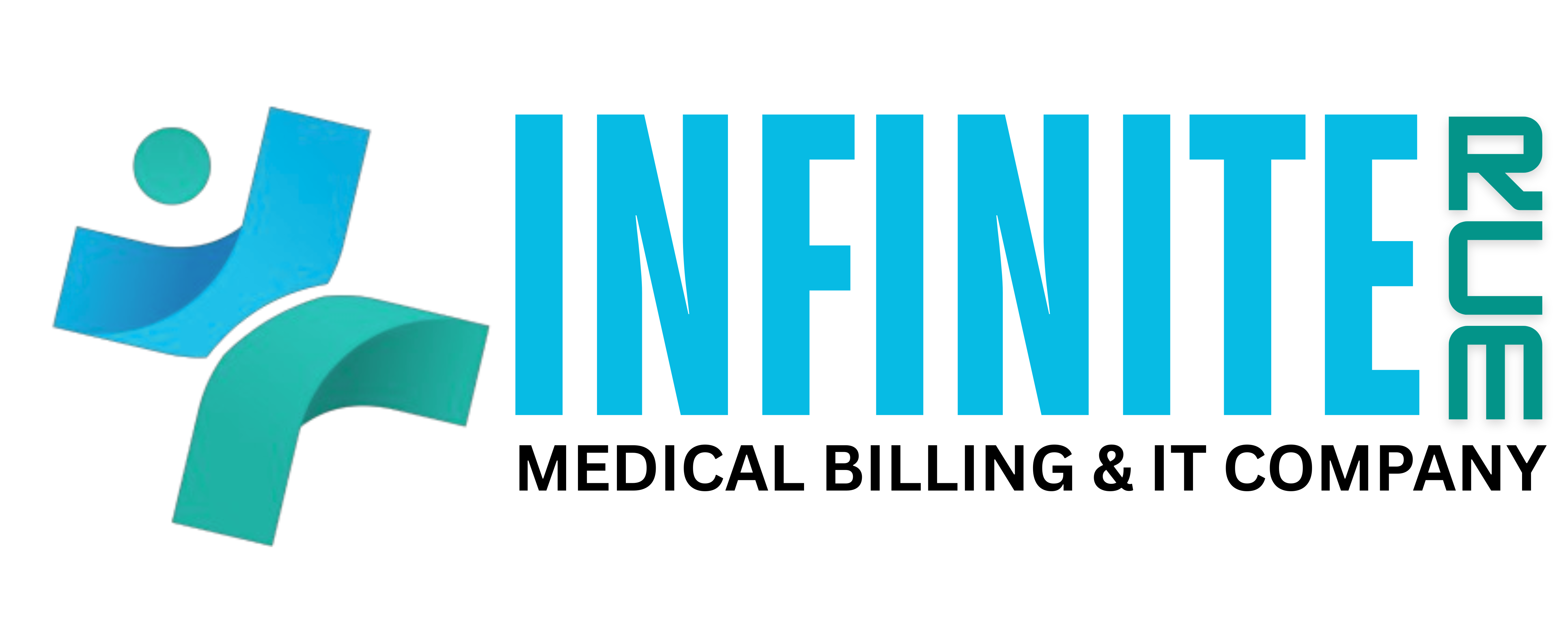Subtotal $0.00
Subscribe to out newsletter today to receive latest news administrate cost effective for tactical data.
2478 Street City Ohio 90255
Infinitercm is a US-based corporation that provides medical billing and transcription services to the medical community across the United States and Canada.
Filter by stock status
Shopping cart
- Home
- Services
- Medical Billing Services
- Medical Credentialing Services
- Medical Claim Processing
- Denial Management Services
- Out of Network Billing Services
- Revenue Cycle Management
- Medical Billing Consulting Services
- Outsource Medical Billing
- A/R Follow Up Services
- Medical Coding Services
- Professional Staffing Solutions
- Patient Billing Services
- TMS and Spravato Credentialing
- Medical Billing and Coding Services
- Quality Management Program
- Specialities
- Mental Health Billing
- Community Center Behavioral Health Billing
- Home Health Billing
- Nursing Aid Center Billing
- Autism/ABA billing
- Cardiology Billing
- Chiropractic Billing
- Dermatology Billing
- ENT Billing
- Physician Billing
- Therapist Billing
- Neurology Billing
- OB/GYN Billing
- Oncology Billing
- Pathology Lab Billing
- Podiatry Billing
- Radiology Billing
- Surgery Billing
- Orthopedic Billing
- Urology Billing
- Gastroenterology Billing
- Optometry & Ophthalmology Billing
- IT Services
- Blog
- Contact
- Phone:+1 (856) 402-7988
- Email:info@infinitercm.com









